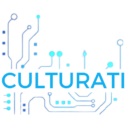EVENTS
INTERNATIONAL EVENTS
LATEST EVENT
IN PORVOO, FINLAND
The 4th International CULTURATI Event – 9 May 2025, Porvoo, Finland.
CULTURATI'S ITALY event
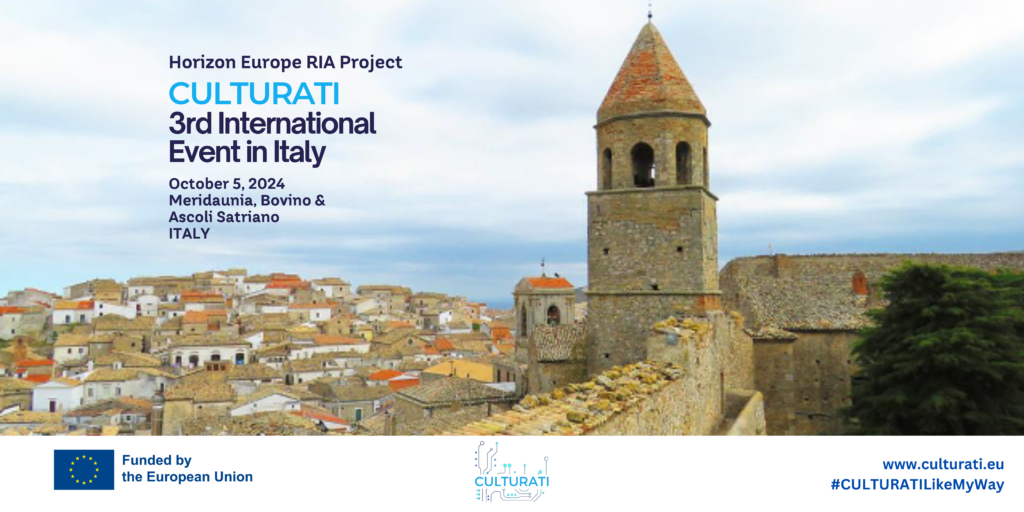
The 3rd International Event of CULTURATI in Ascoli Satriano
We are delighted to share that our 3rd International Event took place on 5 October 2024 at one of our pilot sites, Ascoli Satriano in Italy. The event featured insightful discussions and presentations on cultural heritage and innovation, bringing together experts and stakeholders from various fields. We extend our gratitude to all who participated, both in person and online, and to Meridaunia for hosting this successful gathering.
INTERNATIONAL EVENT
IN ISTANBUL
The second international event of CULTURATI was held on April 19, 2024, at the Rahmi M. Koç Museum in Istanbul.
Insights from Partners
CULTURATI Project Showcases Innovative Solutions for Cultural Heritage Enhancement at Pilot Sites
The event brought together distinguished speakers from various project partners. Mine Sofuoğlu from Rahmi M. Koç Museum, one of the pilot sites in the CULTURATI Project, shared invaluable perspectives on the museum's role in shaping visitor experiences through innovative technologies. Expressing excitement about the project, Mine Sofuoğlu emphasized the potential of technology to enhance cultural engagement and tourism, fostering a digital connection between cultural institutions, content creators, and visitors. Eda Gürel, Coordinator at Bilkent University, provided an overview of CULTURATI's objectives, highlighting the collaborative efforts driving its success. Dr. Gürel also acknowledged Mine Sofuoğlu's inspiration for the project, emphasizing her dedication to providing personalized and engaging museum experiences.
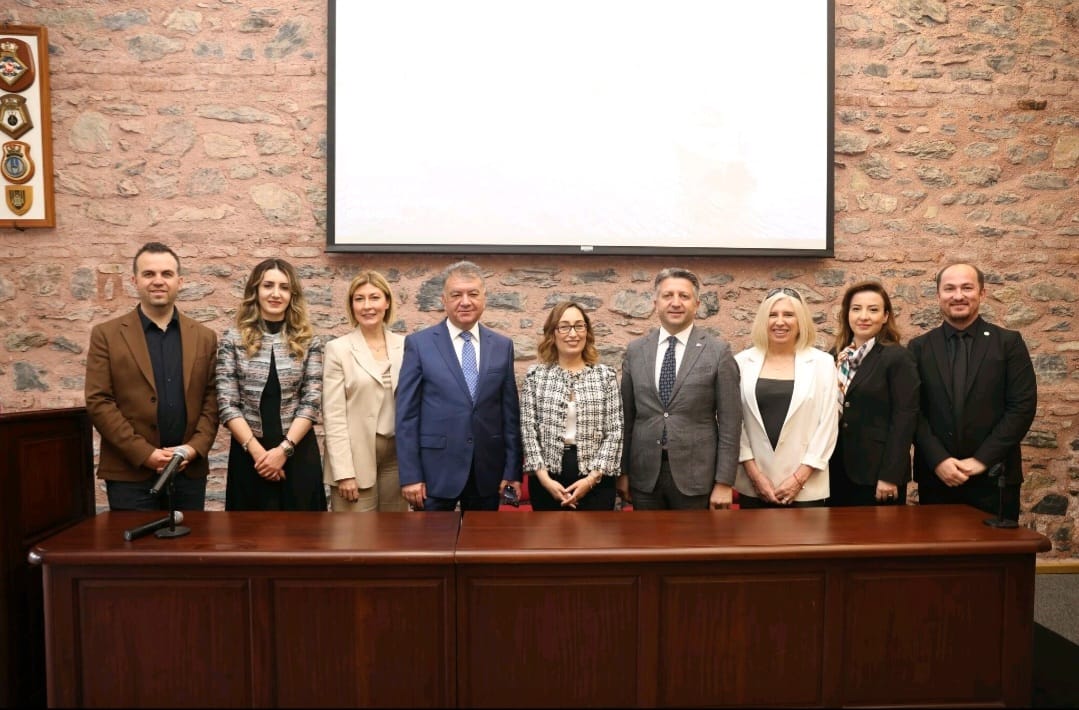
Innovative and Expert Perspectives on Heritage Preservation
David Green from Blenheim Palace Heritage Foundation offered insights from Blenheim Palace, sharing perspectives on integrating innovative technologies in heritage preservation. Angela Loporchio from Meridaunia talked about the practical implementation of CULTURATI's solutions, showcasing their effectiveness in real-world settings to develop rural tourism in Italy. Prof. Juan Miguel Gomez from University Carlos III de Madrid contributed academic and technological insights into the intersection of technology and cultural heritage, enriching the discourse on innovative approaches in the field. Harun Kaya, Deputy Governor of Ankara, provided governmental perspectives, emphasizing the importance of cultural heritage preservation in broader societal goals.
CULTURATI LAUNCHED
The CULTURATI project was launched with international fanfare at the Bilkent Hotel and Conference Centre in Ankara on 8th of March, 2023.
oPENING SPEECHES

President of TÜBİTAK
Professor Hasan Mandal, President of TUBITAK (Turkish Scientific and Technological Research Council), listed the major technological innovations to address the complex needs of dynamic societies for sustainable development and stressed that the project will have a global impact on the use of mobile and other innovative communication technologies for cultural collaboration among societies by way of the pioneering vision of Turkish and international academics and researchers. The project will use reiterative and collaborative innovation that perfectly matches today’s versatile societal development issues. He stated the importance of supporting the resilient infrastructure of the pandemic-weakened cultural and creative industries with the support of the project to form a sustainable cultural ecosystem in the future.
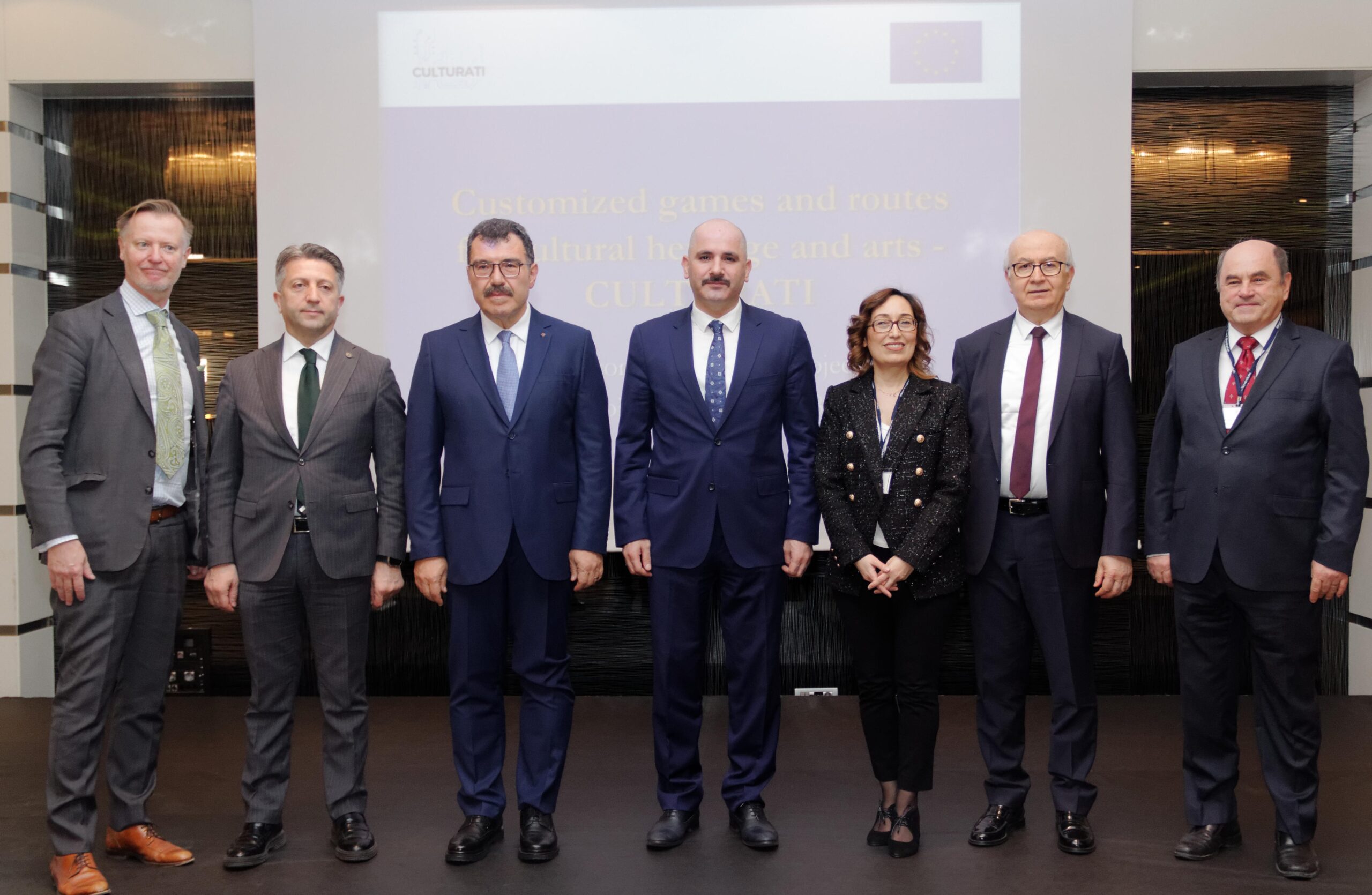
Ankara Deputy Governor
Ankara Deputy Governor Turan Yılmaz emphasized that the cultural industry produces accessible and user-friendly platforms through digital vehicles and noted the development of innovative technologies. He has promised that CULTURATI will be of substantial added value to the cultural and tourism sector with the help of its technologies to protect cultural heritage. Yılmaz added that the project's originality came to the fore with the creation of special personalized themes in the places we see and research. Yılmaz also stated that CULTURATI will help promote Ankara’s many museums and historical and cultural sites, especially the Museum of Anatolian Civilizations, as the project team includes academicians and stakeholders under the coordination of Bilkent University. He completed his speech by expressing that the governorship of Ankara will always support the CULTURATI project.
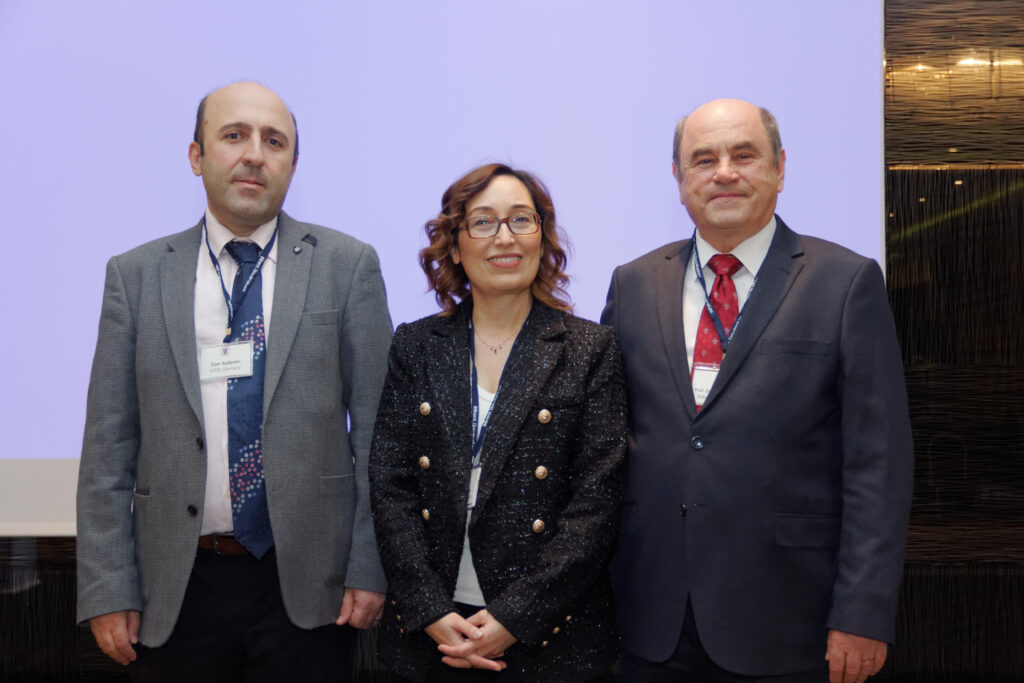
BLENHEIM PALACE
The National Presentation of the CULTURATI Project concluded with an address by David Green, Innovation Manager of Blenheim Palace, a British World Heritage Site.
